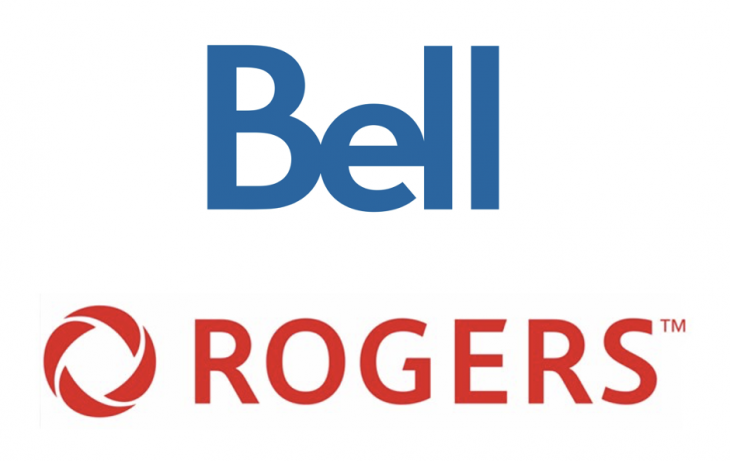
By Ken Kelley
Evoking the name of founder Ted Rogers, Rogers CEO Joe Natale said he sees a certain irony in Bell Canada filing its opposition to his company’s impending tie-up with Shaw on broadcast grounds.
“In Rogers’ 60-year history, we’ve always been the challenger, and in many ways, kind of standing up against the larger players in the market, the challenger to Bell on many fronts,” Natale said, speaking at BMO’s virtual Media and Telecom Conference on Tuesday.
“And there’s a high degree of irony in Bell looking at us as being a bigger player. Ted Rogers is probably smiling somewhere from above saying who would’ve thought that that would be the approach that Bell would take at this point in the game. But we’re happy to go through the hearing and lay down our thoughts and views on it. I think our rationale or arguments are clear.”
In its filing, Bell reportedly argued if Rogers is permitted to acquire Shaw’s broadcast distribution business, it would control 47% of the English-language broadcast distribution network. The company said it is that type of concentration the CRTC highlighted when it denied Bell’s initial application to acquire Astral Media in 2012.
Natale emphasized that, on the business development front, there is no overlap between Rogers and Shaw, and that even when the merger is finalized – three approvals remain outstanding – the company will still be smaller than Bell from a market capitalization wireless business point of view.
“It’s really become an internet game more than anything else. And the internet game is all about capital allocation, capital deployment and continuing to spread the reach of that network into rural Canada, and the balance sheet and the scale will allow us to do just that.”
In a separate online session, Bell president and CEO Mirko Bibic told moderator Tim Casey that regardless of the outcome of the regulatory processes associated with the Rogers-Shaw transaction, the end result will ultimately send a clear signal to the market as to what is or is not possible.
But when asked if he felt Bell’s opposition to the merger was a tad ironic considering Bell was once in the running to buyout Shaw, Bibic stuck to his guns.
“I wouldn’t see it as ironic if you go back and read the public commentary around the existence of our bid and why we didn’t ultimately continue to bid was, in part, because of an assessment around regulatory risk, so I’m not sure that I would view it as ironic,” Bibic said.
“I would view it as we’re quite mindful of the regulatory risks that a transaction of this nature would present.”
The CEO said he believes there has been such an intense focus on what a Rogers-Shaw tie-up would mean for the Canadian wireless landscape that few people took the time to contemplate the merger’s potential impacts on the wireline segment.
“If you think about the broadcasting ecosystem, on one hand, it’s under competitive stress from the continued entry of foreign streaming giants. It’s good for consumers. But the regulator has to confront the fact that there is an unequal playing field between the traditional Canadian players and the large foreign companies, whether it’s content contributions, content spending, corporate taxation and GST,” Bibic said.
“But now in the more traditional ecosystem, we have two parties who want to merge, and will have an unprecedented market share in English language subscription revenues, well beyond anything we’ve ever seen.”
For more from this year’s BMO Media & Telecom Conference, click here for an article on Corus and here for one on Cogeco.


